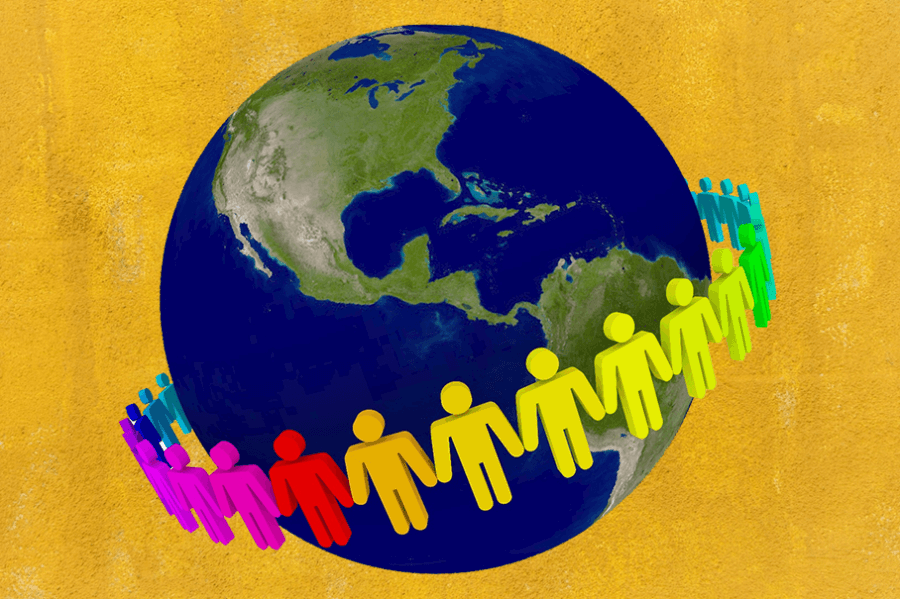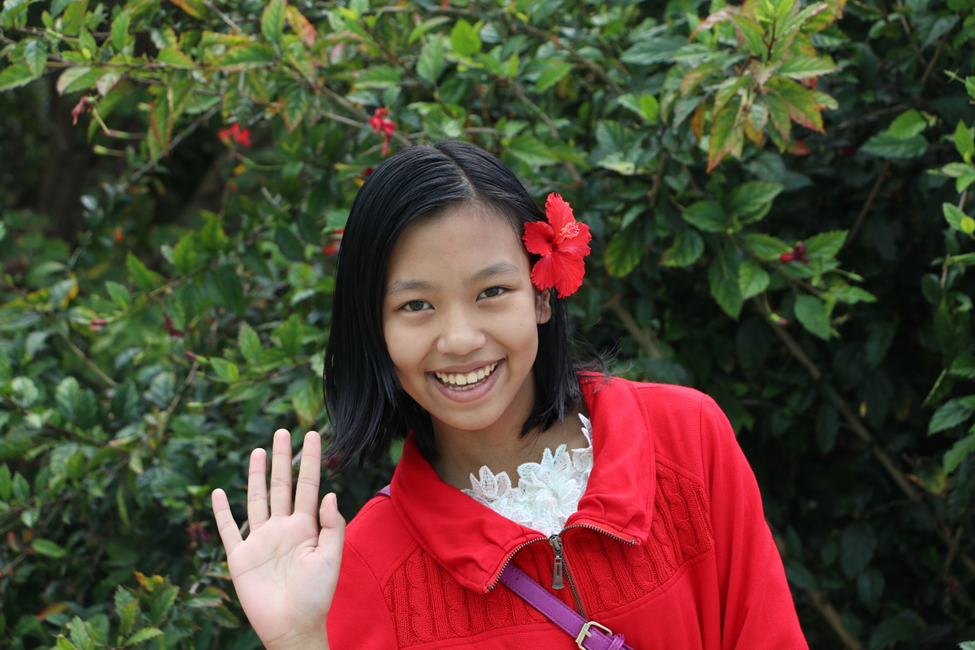The World from Campbell’s Perspective
This painting is of Arthur James Balfour, 1st Earl of Balfour, which was painted late in his life. His pensive pose seems like he knew that he had messed up the world. And he was correct. Balfour blended a mixture of arrogance and stupidity into the cauldron of the world just over a century ago. As Shakespeare wrote in The Merchant of Venice, “The sins of the father are to be laid upon the children.”

Just over a century ago, on November 2, 1917, the British Foreign Secretary, Lord Balfour, wrote a short letter known as the Balfour Declaration. He wrote it to Baron Rothschild, who was a prominent Zionist in Britain. Essentially, the British ruled the world as if they were a chess master. I will give you this if you do that.

Balfour’s quid pro quo was that the Brits would give Israel back land, in which they hadn’t lived for two millennia. In return, he expected something from the Zionists. He wanted them to treat the local Muslims, who had lived there for a millennium and a half, fairly in all aspects of life.
The Brits ruled nearing a quarter of the landmass of the world and over 400 million people. It was said of Great Britain that it was an empire on which the sun never sets. John Duncan Spaeth, an American professor at Princeton, wrote an edited version of that saying. “The sun never set on the British Empire, because even God couldn’t trust the English in the dark.”
Balfour saw the writing on the wall about his mistake related to giving Israel their land back. Shakespeare was correct, “The sins of the father are to be laid upon the children.” The Balfour Declaration became the Balfour Blunder.

That is the backstory. This essay is in the present and not the past. I follow the problems that my family in Myanmar face. The military coup is a haunting problem along with COVID-19. I worry about them from afar, but there isn’t much that I can do halfway around the world.
Interestingly, in a recent letter, Moh Moh wrote that they entered the Electronic Diversity Visa Program. Essentiality, if a family were to win, they would get green cards, which would allow them to come to America.
My family is modestly optimistic about their dream of being one of the winners in the Electronic Diversity Visa Program. At least, they are trying. I quickly responded to Moh Moh’s email and wished them luck. If they win, they will live with me in Crown Point. That would be an incredibly HAPPY DAY indeed. Besides, Ginger would be excited to have my three granddaughters to play with and to go on walks together.
I also mentioned a section on my website, Dreaming Dreams. I’m sure they had seen it, but I hadn’t talked about it before Moh Moh’s recent email.

My dream on the lake is an updated version of utopian experiments like the Oneida Community, Zoar, the Amandas, and New Harmony. I would like to bring together over fifty families and several dozen individuals who have helped me on my journey down my yellow brick road of life.
I would pay all their costs to move to my dream lake. Many of the several hundred people aren’t from the States. Some are from Europe, Asia, Africa, and the Middle East. Nevertheless, I would pay their expenses for my dream lake utopia. I would have a home built and furnished for each family unit.
In addition, I would also provide other living expenses as they adjust to living in America. Some don’t speak English, and some need more formal education. They all would need medical insurance. It would be my responsibility to pay for all the costs that they would incur. Since I asked them to join my dream, it is my obligation to cover all the costs.
While that is the gospel truth, that dream of helping several hundred people would cost millions of dollars. The last time I looked at my checking account, my financial ability doesn’t come close to matching my utopian dreams.
Having said that, what drives me? My experiment is based upon what other thinkers and leaders have written. For example, Confucius was asked by a disciple, “Is there any one word that could guide a person throughout life?” His retort was, “How about reciprocity!” Then Confucius added this admonition, “Never impose on others what you would not choose for yourself.”
Reciprocity will be the maxim for my utopian experiment. It is pretty simple, but many people haven’t grasped that comment in America or any other place in the world. Nevertheless, if the animal kingdom grasps Confucius’ maxim, we should.

“That human, Confucius, was correct about reciprocity.”
I promised Ti Ti that she would go to college on my dime. Why? Besides loving her, she is a great deal like me. The parallel between the two of us goes back to my feeling dumb and poor in Mt. Lebanon. In an email to Ti Ti, I asked her how she would rate herself academically? She responded that she sees herself as a B- student. Neither of us is an Einstein, but I understood that she didn’t believe in her abilities just like I hadn’t in Mt. Lebanon. Remembering that feeling made me respond to Ti Ti’s statement about herself.
Two years ago, I returned to see Ti Ti just before graduation. We attended an honors assembly where she was awarded the best math student in Shan State. During that trip, we talked about where she wanted to attend college. Then we went on our first family tour.
After spending a month with them, I returned to the States. However, the coronavirus was touring the world. A year later, the coup arrived. I won’t sit safely in America while my family is facing those two dilemmas. So, helping my family over the past couple of years benefits them, but I also benefit. It all goes back to feeling dumb and poor in Mt. Lebanon.
Moh Moh has written many emails expressing appreciation. Interestingly, she has also said that if the situation were reversed, my family would help me. Now, if they win the Electronic Diversity Visa Program and get green cards for the family, we can begin the dream of my utopian experiment in the 21st century. It will be based upon reciprocity and a new world order, at least from my perspective.

Follow @mountain_and_me













